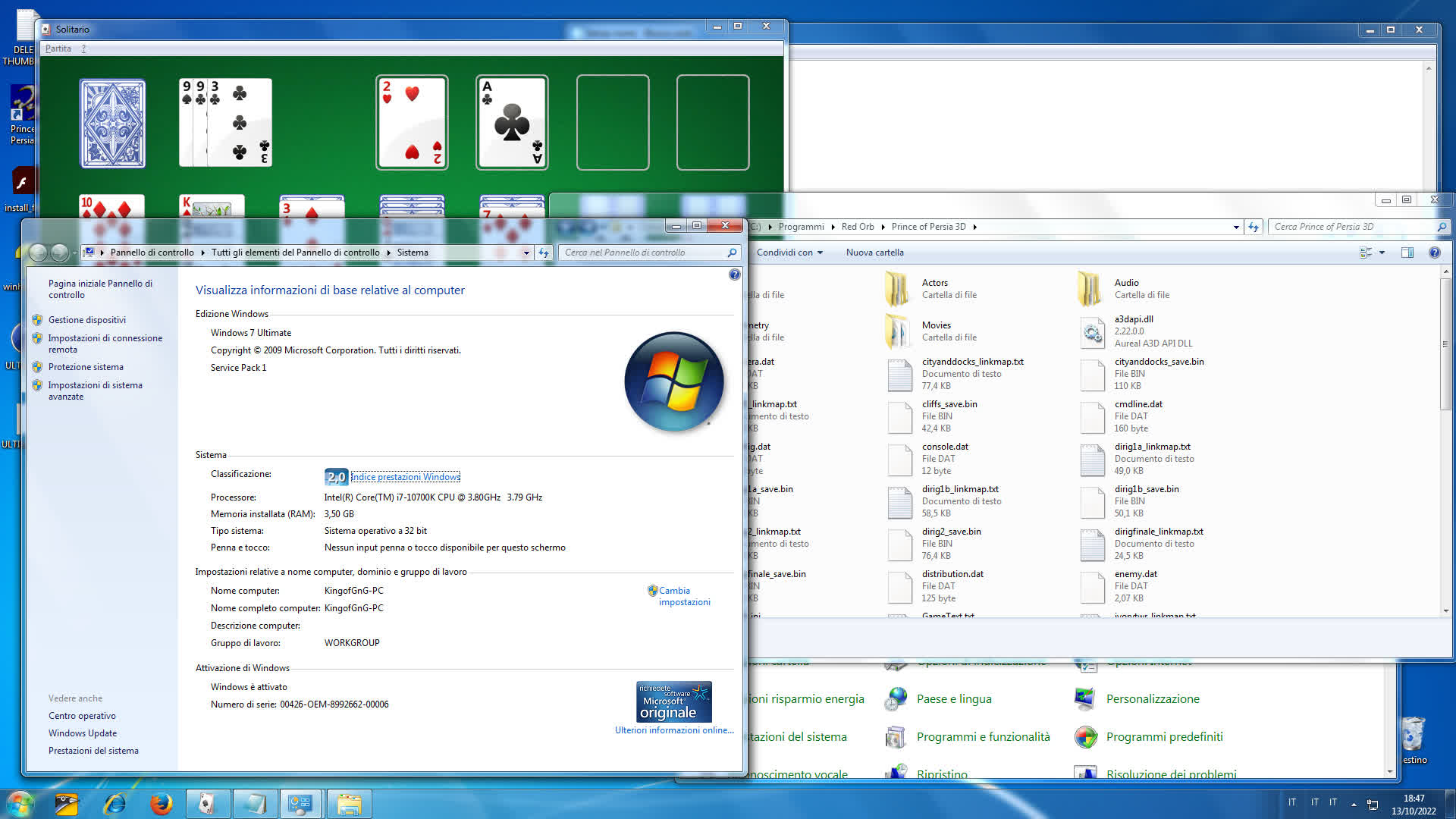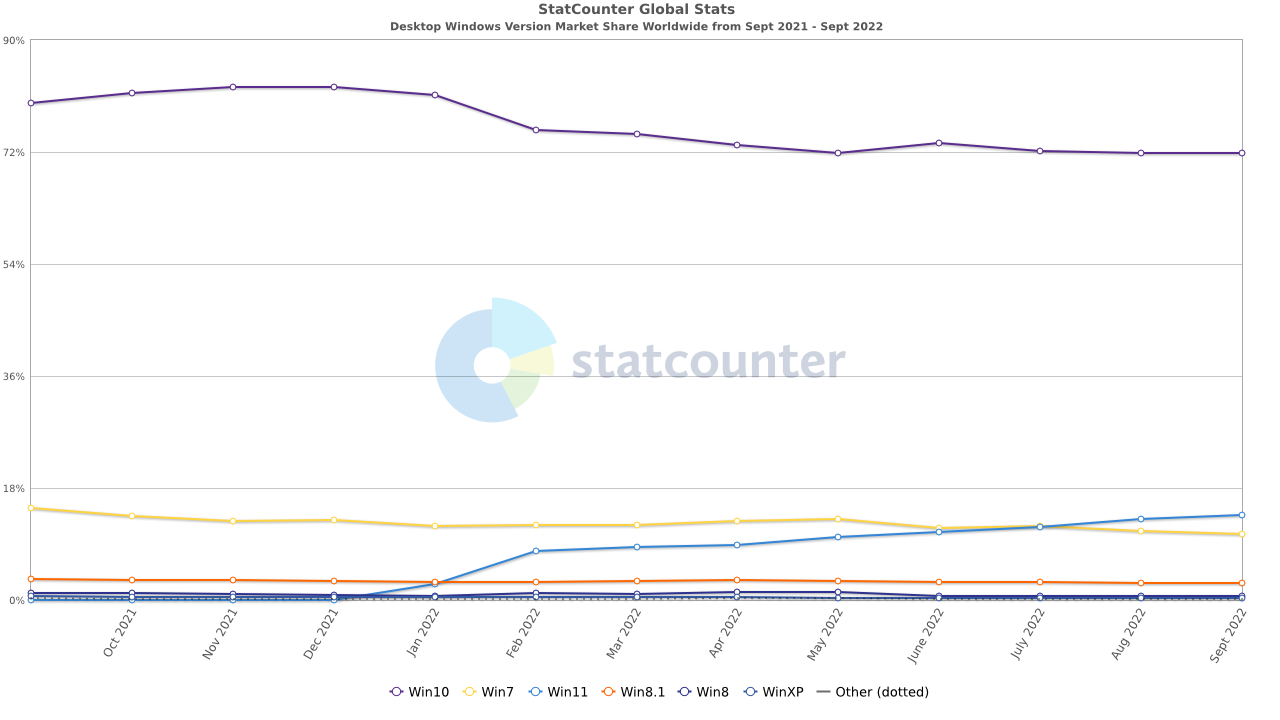Forward-looking: Windows 7 will exit extended support very soon, but "micropatches" offered by 0patch are ready to take Microsoft's place in keeping the old operating systems safe and sound against Internet threats. At least for the most dangerous flaws discovered in modern Windows versions.
Created and managed by Slovak company ACROS Security, 0patch is a platform designed to deliver, apply and remove "microscopic" security updates to unsupported software products. The service is particularly interesting for consumers and companies still working on legacy Windows versions, as it offers a third-party alternative to keep the OS secure where Microsoft's official support is no longer available.

Patches released through the ACROS service belong to the "micropatch" category. These tiny, targeted updates are applied in memory (with no actual file modification on disk). Thus they don't require a system restart to become active. The 0patch support list includes Windows 7, its server counterpart Server 2008 R2, and older versions of Windows 10. Updates provided by 0patch focus only on vulnerabilities that are "sufficiently severe and likely to be exploited," which should be enough for the 10% of internet users still using Windows 7.
Organizations and business users can still apply for the Extended Security Updates (ESU) program, paying Microsoft a hefty sum to continue receiving security patches for Windows 7 machines until January 2023. An additional year of support is offered for Windows Server 2008 R2. There are also "unofficial" methods home users can use to install ESU patches.

However, after October 2024, all support for any version of Windows 7 will be unavailable. At that point, the only viable solution to keep the OS secure will be 0patch micropatching system.
The company has already promised "two more years" of critical security patches for the Windows 7 codebase, extending the support period "at least" until January 2025 with a possible further extension dependent on client demand.
0patch highlights the ongoing viability of Windows 7 as a no-fuss operating system. It's stable and does not force unneeded upgrades or worsen the user experience with ubiquitous ads and telemetry data sent to Microsoft servers. For many, it's a platform worth keeping safe and costs a fraction of the price business users pay for the ESU program.